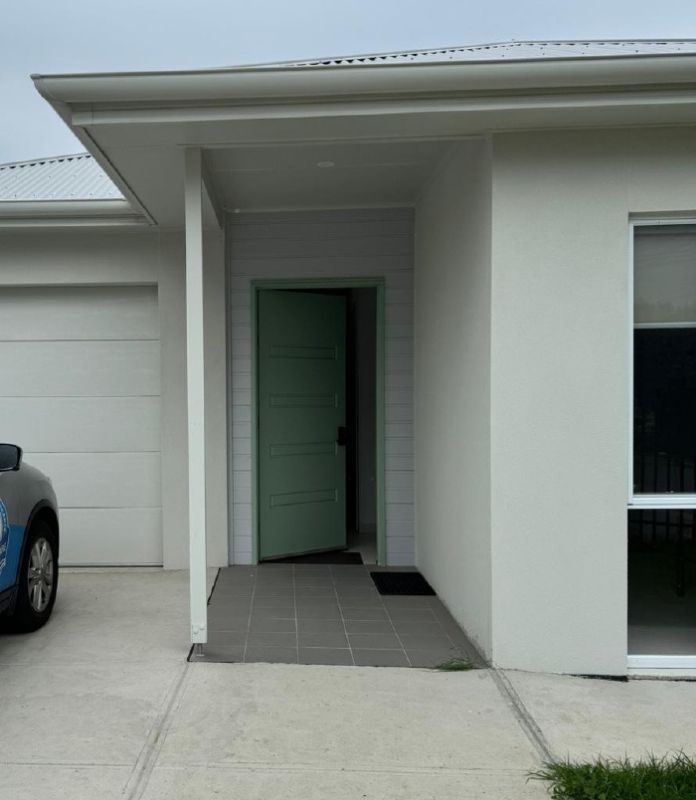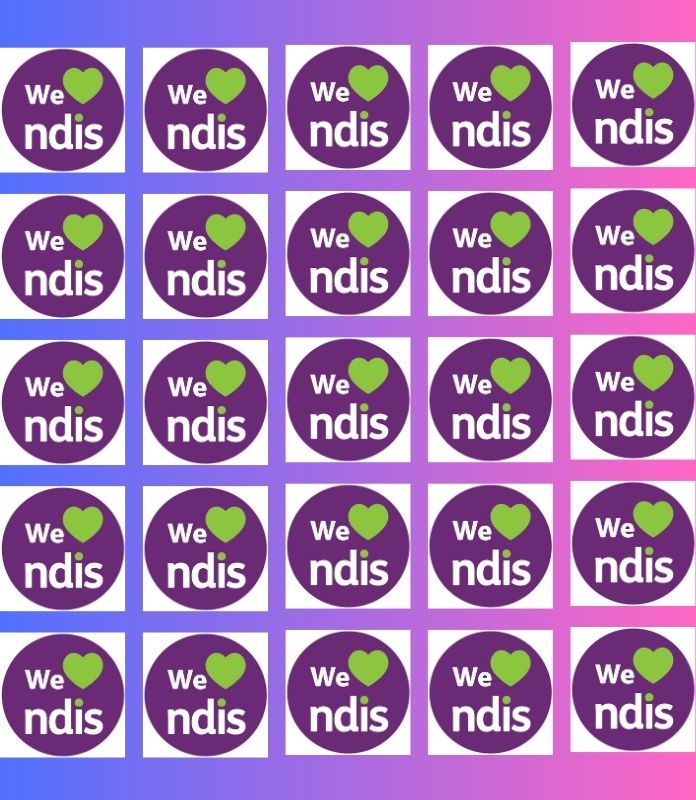The National Disability Insurance Scheme (NDIS) is a vital program in Australia that provides support and services for individuals living with disabilities. Among its many offerings, the Specialist Disability Accommodation (SDA) is a critical component designed to ensure that eligible participants have access to housing that meets their unique needs. Here, we delve into the SDA rules, their purpose, and their impact on improving the lives of people with disabilities.
What is Specialist Disability Accommodation (SDA)?
SDA refers to housing designed specifically for individuals who require specialist housing solutions to support high levels of disability needs. This accommodation includes purpose-built homes, apartments, and shared living spaces that offer modifications for accessibility, safety, and independence. SDA is not for all NDIS participants but is reserved for those with the most complex and high-support needs.
Key Features of the SDA Rules
The NDIS Specialist Disability Accommodation Rules establish the framework for eligibility, funding, and service delivery. Below are some of the key elements:
- Eligibility Criteria
Only participants with significant functional impairments or very high support needs are eligible for SDA. The eligibility is determined through a rigorous assessment of the individual’s disability-related requirements. - Purpose-Built Housing
SDA properties must meet strict design standards to cater to various levels of physical and functional disabilities. Homes may include features like wider doorways, reinforced walls, assistive technology, and emergency response systems. - Types of Accommodation
SDA properties include shared group homes, single-occupancy units, or larger apartments, giving participants a range of living options. - Funding
SDA funding is part of a participant’s NDIS plan and is allocated based on their specific needs and preferences. This funding covers the cost of the housing but not the day-to-day support services, which are funded separately. - Design Categories
SDA homes fall into various design categories such as Basic, Improved Liveability, Fully Accessible, Robust, and High Physical Support. These categories ensure tailored solutions for a wide range of needs. - Participant Choice
A fundamental principle of the SDA rules is giving participants choice and control over their living arrangements, including where and with whom they live.
Benefits of SDA Rules
The SDA rules are transformative for participants and their families. Here’s how they make a difference:
- Enhanced Independence: SDA homes empower individuals to live more independently with the necessary supports in place.
- Safety and Comfort: Purpose-built accommodations ensure safety, dignity, and a comfortable living environment.
- Community Integration: Participants can live in homes located in vibrant communities, fostering social connections and reducing isolation.
- Tailored Living Spaces: Each property is designed to suit the unique needs of its residents, ensuring accessibility and functionality.
Challenges and Opportunities
While the SDA framework is comprehensive, it is not without challenges. Supply shortages, high demand, and delays in funding can affect participants’ access to appropriate housing. However, ongoing investment and collaboration between the government, providers, and developers present significant opportunities for growth in the SDA sector.
Conclusion
The NDIS Specialist Disability Accommodation Rules are a testament to Australia’s commitment to inclusivity and support for people with disabilities. By providing purpose-built housing tailored to individual needs, the SDA initiative promotes independence, enhances quality of life, and integrates individuals into their communities. As awareness and resources continue to grow, the SDA rules will remain a cornerstone of the NDIS, ensuring that every participant has a safe, supportive, and empowering place to call home.




